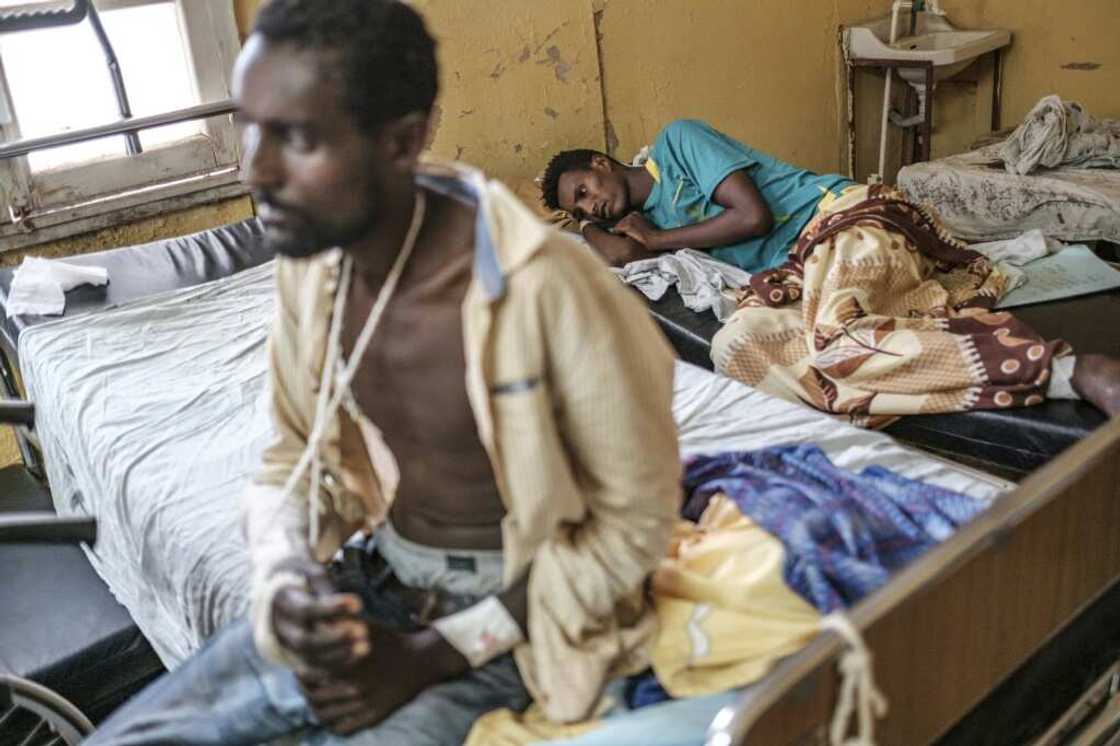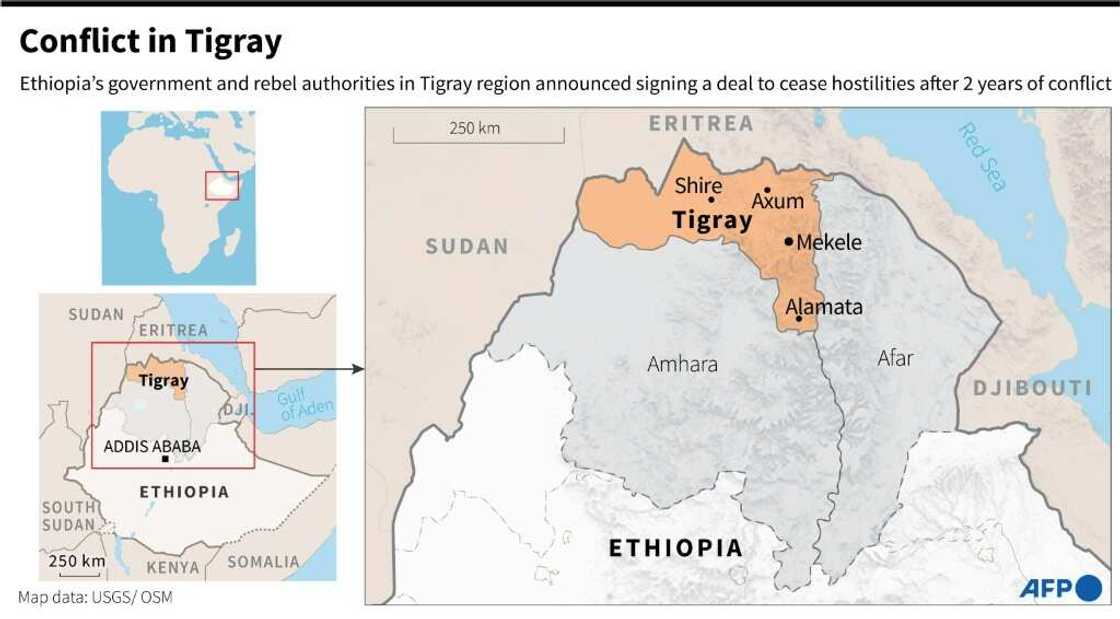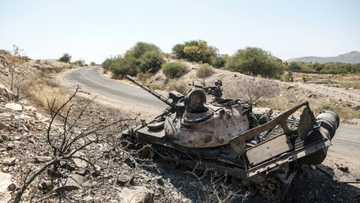After Ethiopia peace deal, what's ahead is 'more consequential': rebels

Source: AFP
Following the signing of a peace deal between Ethiopia's government and rebels in the Tigray region, what lies ahead is "more consequential," a rebel spokesman said Sunday, with humanitarian aid desperately needed.
The deal signed in Pretoria, South Africa on November 2 called for the disarmament of rebels and unhindered access for humanitarian supplies.
The restoration of aid to Tigray and its six million people was one of the key planks of the accord.
Ethiopia's northernmost region is in the grip of a severe humanitarian crisis due to lack of food and medicine, and there is limited access to basic services including electricity, banking and communications.
In Nairobi on Saturday, the two sides agreed to facilitate immediate humanitarian access to "all in need" in war-ravaged Tigray and neighbouring regions.
That agreement followed talks in the Kenyan capital on the full implementation of the peace deal to end the brutal two-year conflict in northern Ethiopia.
PAY ATTENTION: Сheck out news that is picked exactly for YOU ➡️ find the “Recommended for you” block on the home page and enjoy!
"We have concluded our long drawn out deliberations/negotiations on a peaceful path to resolving the war on/in Tigray," tweeted Getachew Reda, spokesman for the Tigray People's Liberation Front (TPLF) rebels.
"What lies ahead and how we handle it is far more consequential than the distance travelled thus far," Reda added.
'Withdrawal of foreign forces'

Source: AFP
The conflict between the TPLF and forces loyal to the government of Prime Minister Abiy Ahmed, which include regional militias and the Eritrean army, has caused an untold number of deaths, forced more than two million people from their homes and driven hundreds of thousands to the brink of famine in Tigray.
Estimates of casualties vary widely, with the United States saying that as many as half a million people have died, while the EU's foreign envoy Josep Borrell said that more than 100,000 people may have been killed.
The two warring parties agreed on Saturday that "the disarmament of heavy weapons will be done simultaneously with the withdrawal of foreign forces", a reference to Eritrea which borders Tigray.
"We welcome yesterday's agreement to allow immediate unfettered humanitarian access in #Tigray and neighbouring regions," World Health Organization chief Tedros Adhanom Ghebreyesus tweeted on Sunday.
"People are in need of massive amounts of health assistance, including food, medicines, the free movement of humanitarian staff and reopening of basic services," he added.
"We already have teams in Tigray (and in the neighbouring regions of) Afar, and Amhara, and we are preparing to bring in much more needed aid," a spokesman for the UN High Commissioner for Refugees in Geneva told AFP on Sunday.
The delivery of humanitarian aid by road and air has been almost completely disrupted since the resumption of fighting in August, after a five-month truce.
The conflict began in November 2020 when Abiy sent troops into Tigray, accusing the TPLF of attacking federal army camps.
The TPLF was the dominant force in the four-party Ethiopian People's Revolutionary Democratic Front (EPRDF) coalition which controlled Ethiopian politics from 1991 for the best part of three decades.
Source: AFP




